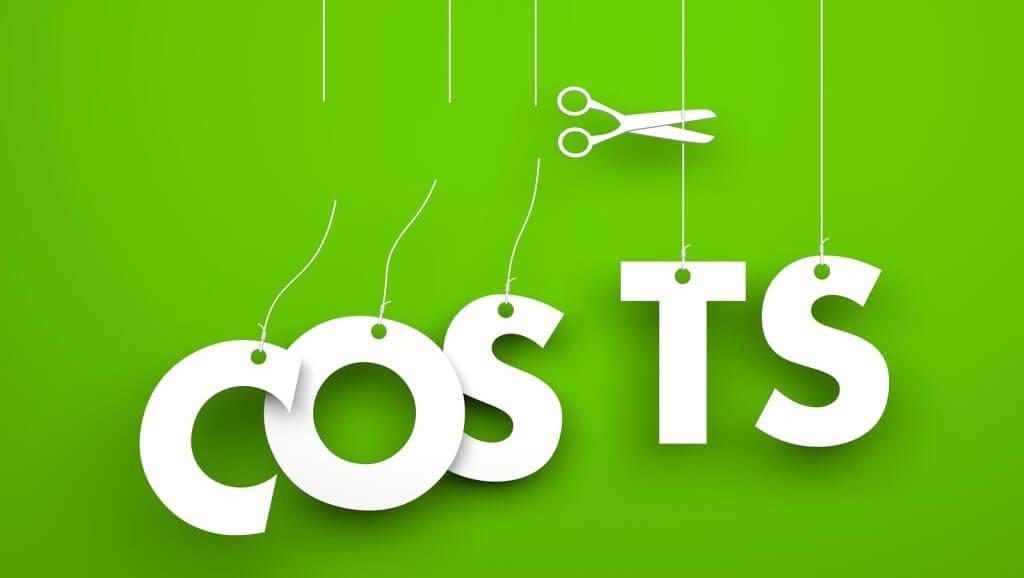
The hotel industry is a highly competitive market, and it’s vital for hotels to keep their variable costs low in order to remain profitable.
NB: This is an article from Catala Consulting
Variable costs are those expenses that change with the number of occupied rooms. In this article, we will discuss what variable costs are, how they are calculated, and how they can be managed to increase profitability.
Subscribe to our weekly newsletter and stay up to date
Definition of variable costs
First, let’s define what variable costs are. Variable costs are expenses that vary directly with the number of occupied rooms in a hotel. These costs are typically associated with the hotel’s operations, such as food, beverages, laundry, and housekeeping. In contrast, fixed costs are expenses that do not change with the number of occupied rooms, such as rent, salaries, and insurance.
To calculate the variable cost per occupied room, you must first determine your total variable costs for a specific period of time, such as a month. Then, divide the total variable costs by the number of occupied rooms for that same period. This will give you the average variable cost per occupied room.
For example, if your total variable costs for a month are $50,000, and you had 2,000 occupied rooms during that month, your variable cost per occupied room would be $25.
Examples of variable costs in a hotel:
- Food & Beverage
- Laundry
- Housekeeping
- Energy consumption
- Maintenance and repairs
- Marketing expenses
- Staffing expenses

Importance of managing variable costs
Tracking variable costs is an essential part of managing a hotel’s finances and ensuring profitability. By keeping track of variable costs, hotels can identify areas where they are spending more than expected and take steps to lower those costs. Additionally, by comparing actual costs to budgeted costs, hotels can determine if they are on track to meet their financial goals.
There are several ways to track variable costs in a hotel. One method is to set up a budget for each expense category, such as food and beverages, laundry, and energy consumption. Then, on a regular basis, hotels can compare actual costs to budgeted costs to identify areas where they are overspending. This can also help to identify any areas of potential cost savings.
Another way to track variable costs is to use accounting software, which can help to automatically record and track expenses. This can provide valuable insights into where a hotel’s money is being spent and can help to identify areas where costs can be reduced.




